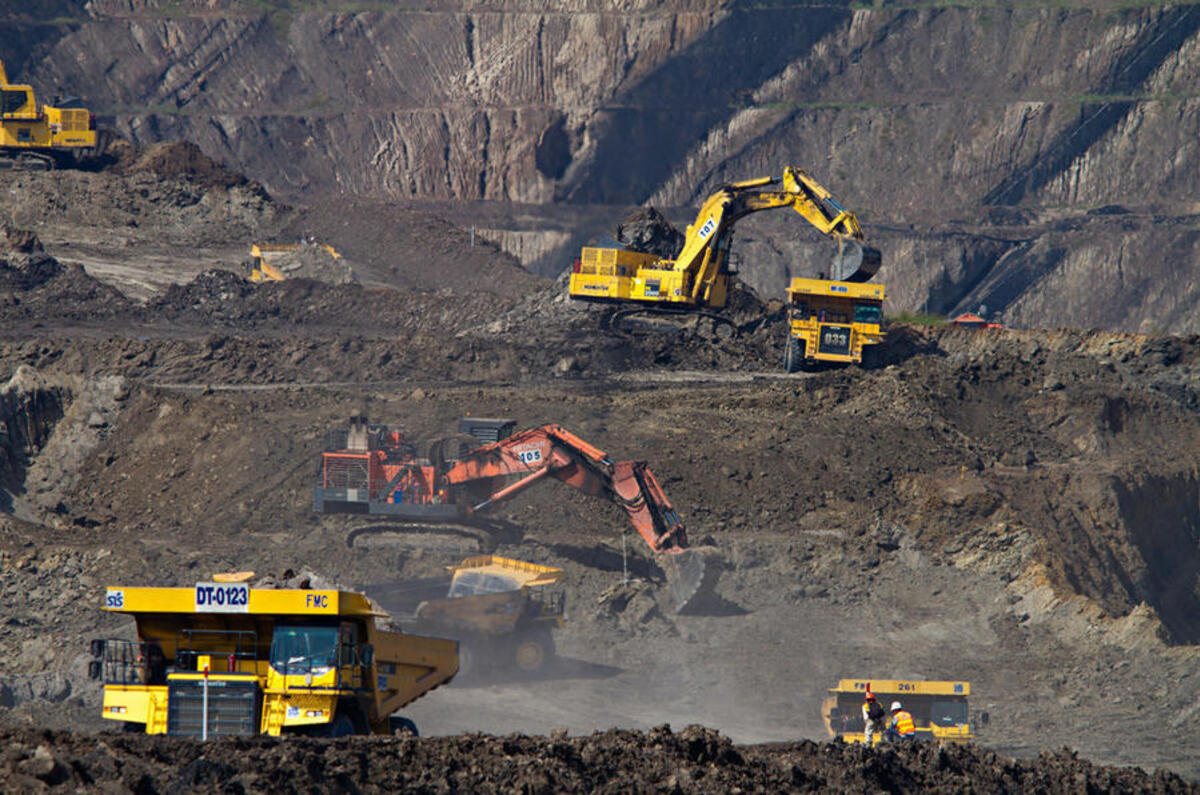The ongoing cost increase of raw materials such as steel and lithium that have driven up car prices over the past year or more has come to an end, car makers have said.
“Headwinds for raw materials have disappeared,” Thierry Piéton, Renault’s chief financial officer, said on the company’s first-half financial results call. “We are going into a period where costs should gradually get better.”




Add your comment